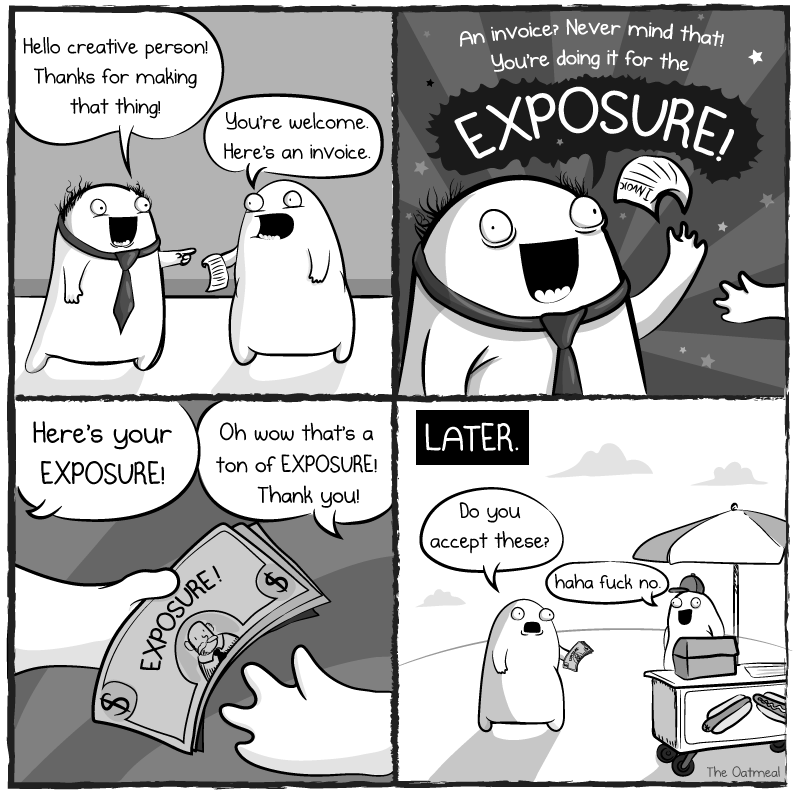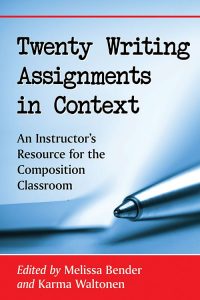As someone who scores straight down the middle on those left brain/right brain tests, I often use science and scientific concepts in my work. (My dissertation was an ethnographic study, and I’m constantly irritating other Atwood scholars by bringing neuroscience into my presentations.)
One thing I particularly want to integrate in the humanities, as a teacher, is the hypothesis. In the sciences, we propose a hypothesis, we conduct research, and we see if we’re right. As long as the research is sound, we’ve done a good job, whether the research proved us right or not. Whether the hypothesis is confirmed or not, we’ve learned something (even if it’s that we need to redesign the study to get clearer results).
Yet when my students approach their papers, they think they need to have a predetermined thesis before they even start to research.
This is an especially bad habit to instill in our students who will go off to grad school, where they will have to tweak their ideas and even abandon their ideas if they discover someone else has already published on that idea–something the grad students will only learn once they do enough research to position themselves in the discourse.
The basic problem: students who have their thesis set before they research will research poorly. They will discard research that complicates or contradicts their thesis (when it could at least be helpful in developing counter-argument). Also, when they’ve found the teacher mandated minimum required sources that confirm their ideas, they stop looking, stop researching, stop thinking completely.
Going into the research process with a hypothesis would allow for better work–the student’s opinion would be more informed, more complex. The student might do what we want her to do–to find more sources than will actually be cited in the essay.
Of course, we would still structure our papers the old-fashioned humanities way. I don’t need my students to tell me their hypothesis in the into, take me through the work (“To test this idea, I googled ‘Shakespeare actually a middle class ten year old girl from the Isle of Skye?’ and then read the first paragraphs of the first thirteen results . . .”), and then conclude with their results. We “show” our work in a different way.
But wouldn’t the paper be stronger if, when the student polished up the piece, that thesis in the intro was for sure an informed opinion based on thorough research?







